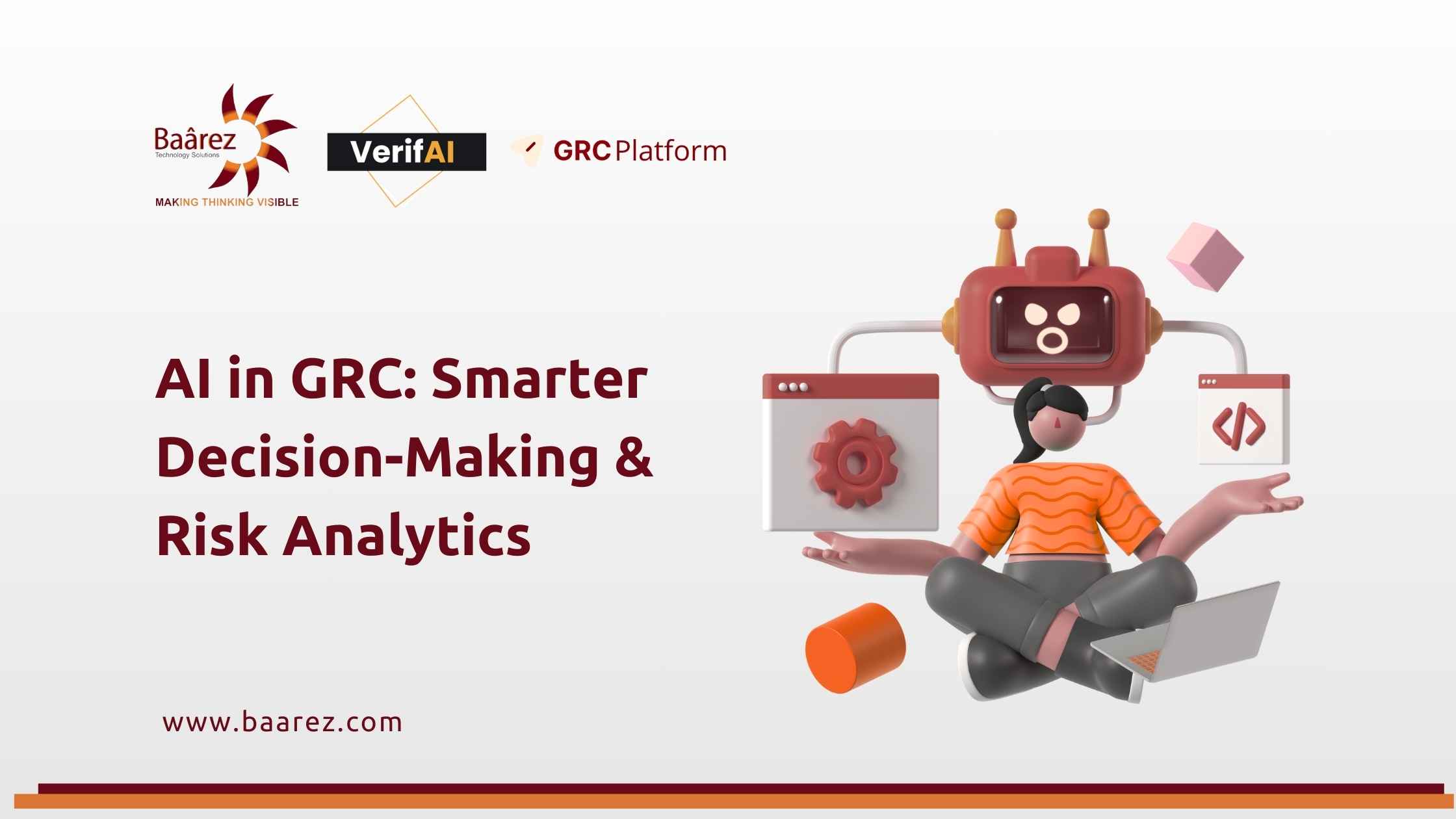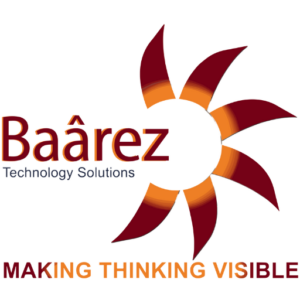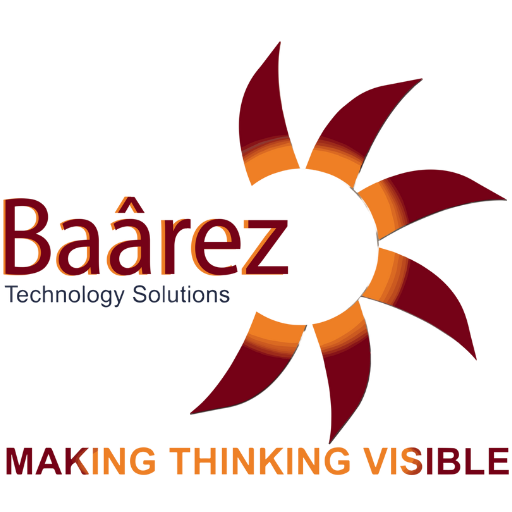
Governance, Risk, and Compliance (GRC) is a framework that helps organizations manage risks, ensure compliance with regulations, and maintain effective governance. Traditional GRC approaches often rely on manual processes, spreadsheets, and reports, which can be time-consuming and prone to human error.
Artificial Intelligence (AI) is transforming the way organizations make decisions in GRC by providing AI decision making GRC, AI risk analytics, and actionable governance intelligence. AI enables organizations to analyze large volumes of data, identify risks early, and make smarter decisions faster.
Table of Contents
ToggleWhat is AI Decision Making in GRC?
AI decision making in GRC refers to using artificial intelligence technologies to support or automate governance, risk management, and compliance decisions. Unlike traditional methods, AI:
- Processes large datasets in real-time
- Identifies patterns and trends that humans might miss
- Provides predictive insights to prevent risks before they occur
- Offers actionable recommendations for compliance and governance
Key Components of AI in GRC
AI in GRC is powered by multiple technologies and frameworks that work together to enhance decision-making:
- AI Risk Analytics
- Predicts potential compliance and operational risks
- Monitors ongoing risk indicators
- Governance Intelligence
- Automates reporting and compliance tracking
- Provides executives with actionable insights
- Machine Learning & Predictive Modeling
- Learns from historical data to improve decision accuracy
- Suggests optimal risk mitigation strategies
- Natural Language Processing (NLP)
- Extracts insights from unstructured data such as policies, regulations, or contracts
By combining these components, organizations can transform their GRC processes from reactive and manual to proactive, intelligent, and highly efficient.
Benefits of AI in GRC Decision-Making
AI is revolutionizing the way organizations manage governance, risk, and compliance. By integrating AI decision making GRC and AI risk analytics, companies can achieve faster, more accurate, and proactive decision-making. Here’s a closer look at the key benefits:
1. Improved Risk Management with AI
Effective risk management is at the core of any GRC strategy. AI enhances this process by:
- Predicting Risks: AI risk analytics identify potential threats before they impact operations.
- Prioritizing Risks: Assigns risk scores to highlight the most critical issues.
- Real-Time Monitoring: Continuously tracks internal and external risk factors.
- Automated Alerts: Sends notifications to decision-makers when thresholds are breached.
2. Enhanced Governance Intelligence
AI empowers governance by providing actionable insights that guide better decision-making:
- Automated Compliance Tracking: AI monitors regulations and compliance requirements automatically.
- Insightful Reporting: Generates reports that highlight risks, gaps, and compliance status.
- Decision Support: Offers recommendations for executive decisions based on data analysis.
- Process Optimization: Identifies inefficiencies in internal processes and suggests improvements.
3. Faster and More Accurate Decisions
AI reduces human error and accelerates decision-making in GRC:
- Real-Time Analysis: Processes large datasets instantly, eliminating delays.
- Predictive Recommendations: Suggests the best course of action based on historical and real-time data.
- Consistency in Decisions: Ensures similar situations are treated consistently.
- Improved Accuracy: Minimizes errors associated with manual risk assessment or reporting.
In short, integrating AI into GRC processes transforms risk management, compliance, and governance intelligence, making organizations more proactive, efficient, and resilient.
How AI Risk Analytics Works
AI risk analytics is at the heart of AI decision making GRC. It allows organizations to predict, monitor, and mitigate risks efficiently. By analyzing large volumes of data, AI provides actionable insights and helps organizations make proactive governance decisions.
1. Data Collection and Integration
AI requires high-quality data to generate accurate risk insights. This involves:
- Structured Data: Financial reports, audit logs, and operational metrics.
- Unstructured Data: Emails, contracts, policy documents, news articles, and social media.
- Integration: AI platforms combine data from multiple internal and external sources to provide a holistic risk view.
2. Predictive and Prescriptive Analytics
AI doesn’t just analyze past data—it predicts potential risks and suggests solutions:
- Predictive Analytics:
- Forecasts risks before they occur
- Detects trends and anomalies in operations
- Examples: Anticipating compliance breaches or cybersecurity threats
- Prescriptive Analytics:
- Suggests the best course of action
- Provides actionable recommendations for risk mitigation
- Examples: Updating policies, reallocating resources, or enhancing security measures
3. Continuous Learning and Adaptation
AI models continuously improve over time:
- Machine Learning: Learns from historical data to improve predictions.
- Adaptive Systems: Adjusts to changing regulations, market trends, and emerging threats.
- Feedback Loops: Incorporates user feedback to refine risk scoring and recommendations.
By using AI risk analytics, organizations can stay ahead of risks, minimize losses, and strengthen governance intelligence.
Real-World Applications of AI in GRC
AI is no longer just a theoretical concept in governance, risk, and compliance. Organizations across industries are leveraging AI decision making GRC, AI risk analytics, and governance intelligence to improve operational efficiency, manage risks, and ensure compliance. Here’s how AI is applied in real-world scenarios:
1. Regulatory Compliance
Compliance with evolving regulations is critical but challenging. AI simplifies this process by:
- Automating Monitoring: Continuously tracks regulatory changes across multiple jurisdictions.
- Generating Reports: Creates compliance reports automatically, reducing manual effort.
- Ensuring Accuracy: Minimizes errors in reporting and documentation.
2. Financial Risk Management
AI plays a crucial role in detecting financial risks and fraud:
- Fraud Detection: AI analyzes transaction patterns to identify anomalies.
- Credit and Investment Risk Analysis: Predicts potential financial losses and market risks.
- Decision Support: Recommends risk mitigation strategies based on predictive insights.
3. Operational and Cybersecurity Risks
AI improves operational efficiency and enhances cybersecurity:
- Operational Risks: Identifies inefficiencies in workflows and suggests optimization.
- Cybersecurity Threats: Detects unusual network activity, potential breaches, and malware attacks.
- Proactive Mitigation: Offers AI-driven recommendations for risk reduction.
By applying AI in these areas, organizations can strengthen governance intelligence, anticipate risks, and make informed decisions faster than ever.
Challenges of Implementing AI in GRC
While AI offers significant benefits for AI decision making GRC and AI risk analytics, implementing it comes with certain challenges. Organizations need to address these hurdles to fully leverage AI for governance intelligence.
1. Data Quality and Integration Issues
AI systems rely heavily on accurate and complete data. Common challenges include:
- Siloed Data: Data spread across multiple systems can reduce AI accuracy.
- Incomplete or Inconsistent Data: Poor-quality data can lead to misleading risk insights.
- Integration Complexity: Combining structured and unstructured data from various sources is technically challenging.
Tips to Overcome:
- Implement data governance policies
- Use data cleansing and validation tools
- Ensure seamless integration across systems
2. Resistance to Change
Adopting AI requires organizational change. Challenges include:
- Employee Hesitation: Staff may fear AI replacing jobs or distrust its recommendations.
- Skill Gaps: Lack of expertise in AI, analytics, or GRC technologies.
- Cultural Barriers: Resistance to adopting data-driven decision-making practices.
Tips to Overcome:
- Provide training and upskilling programs
- Communicate AI benefits clearly
- Introduce AI gradually alongside human decision-making
3. Ethical and Compliance Considerations
AI can raise ethical and compliance issues if not properly managed:
- Bias in AI Models: Algorithms may reflect existing biases in historical data.
- Legal and Regulatory Compliance: AI must follow all applicable regulations for data privacy and governance.
- Transparency: Decision-making logic of AI should be explainable for audits and accountability.
Best Practices:
- Regularly audit AI models for bias
- Maintain explainable AI frameworks
- Document AI decision-making processes for compliance
Future of AI in GRC
The future of AI decision making GRC is promising, with advancements in technology reshaping governance, risk management, and compliance. Organizations adopting AI today are positioning themselves for smarter, faster, and more resilient decision-making tomorrow.
1. Predictive GRC Dashboards
- AI-powered dashboards will provide real-time risk insights
- Predictive analytics will forecast potential compliance issues before they occur
- Executives can make proactive decisions instead of reactive ones
2. Advanced Machine Learning Models
- Machine learning models will become more accurate and adaptive
- AI will learn from vast datasets, including global regulatory changes, cyber threats, and operational metrics
- This will lead to smarter governance intelligence and precise risk analytics
3. Integration of AI with Emerging Technologies
- AI will integrate with IoT, blockchain, and cloud systems to enhance GRC
- IoT sensors can feed real-time operational data for risk monitoring
- Blockchain ensures data integrity for compliance and audit trails
4. AI-Driven Decision Automation
- Routine compliance checks and operational risk decisions will be fully automated
- Human oversight will focus on high-impact or complex decisions
- This allows faster and more consistent decision-making while reducing operational burden
5. Proactive Risk and Compliance Culture
- Organizations will move from reactive compliance to proactive risk management
- AI will continuously guide employees and management on best practices for governance
- The focus will shift from identifying risks to anticipating and preventing them
In summary, the future of AI in GRC promises enhanced governance intelligence, predictive risk management, and smarter decision-making. Organizations that invest in AI today will gain a significant competitive advantage in managing risks and ensuring compliance.
How Baarez Technology Solutions GRC AI Platform Will Help
Baarez Technology Solutions offers a cutting-edge AI-powered GRC platform designed to transform governance, risk, and compliance processes. By integrating AI decision making GRC, AI risk analytics, and governance intelligence, the platform empowers organizations to make smarter, faster, and more accurate decisions.
Key Benefits of the Platform
- Comprehensive Risk Management
- Predicts and prioritizes risks using AI risk analytics
- Provides real-time monitoring and alerts for emerging threats
- Enhanced Governance Intelligence
- Automates compliance tracking and reporting
- Generates actionable insights for executives and decision-makers
- Faster, Data-Driven Decisions
- Analyzes large datasets instantly
- Provides predictive recommendations for risk mitigation and compliance
- Seamless Integration
- Works with existing enterprise systems for smooth data flow
- Combines structured and unstructured data to give a holistic risk view
- Proactive Compliance & Security
- AI-driven dashboards help anticipate compliance issues before they occur
- Reduces human error while improving operational efficiency
Schedule a Demo Today
Discover how Baarez Technology Solutions GRC AI Platform can revolutionize your organization’s decision-making process, streamline compliance, and enhance governance intelligence.


